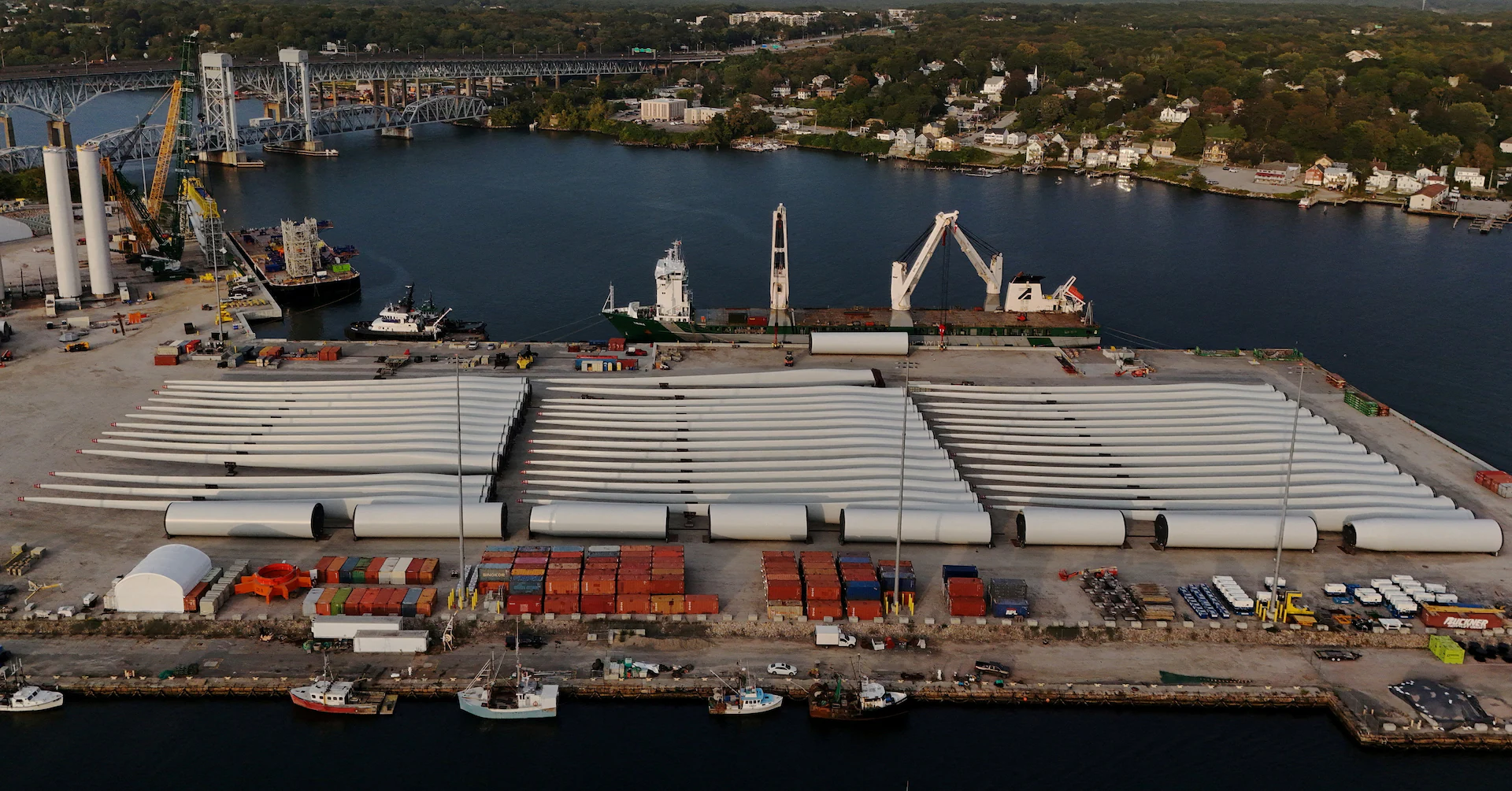Copyright FreightWaves

“We’ve seen a number of shippers that have just unilaterally decided to extend from net 30 (days payment) to net 45 to net 75 to net 90, even some to net 120,” Alsobrooks said. “So they’re trying to play the cash flow game.” Slower payments impact the factoring chain But even though the squeeze falls on the factoring company, since the carrier already would have been paid, there is an impact from the lengthening of those payment terms that does reach the factoring client, Alsobrooks added. “We have to price higher if we’re going to take longer to be paid back,” Alsbrooks said. “So it really erodes that carrier or broker margin that’s already squeezed.” There is always plenty of talk in the industry about shippers wishing to establish solid relations with carriers even during a weak freight market in preparation for when the market turns. But extending payments terms out by months is not generally the way to do that. It is clearly shippers who have the upper hand at present, Alsobrooks said, “so they can kind of determine and dictate the terms.” But he added it may be springing from legitimate issues of “credit deterioration, and they were doing it to try to prolong and use their cash to pay others, basically the robbing Peter to pay Paul mentality.” That strong position of shippers means they can act in ways that they are not likely to get away with in a strong freight market. “There are enough carriers in the market where they think we can try to stick it to this one, because we know somebody else will pick the freight up and haul it for us,” Alsobrooks said. Factoring companies run a vast spectrum in terms of size. In its latest earnings report, Triumph Financial (NASDAQ: TFIN) said its factoring segment factored about 1.73 million invoices in the third quarter with a value of just under $3 billion. Consolidation trend isn’t letting up By contrast, Alsobrooks said various factoring companies have approached Phoenix about being acquired by the larger company, and some of them are small enough to be processing only about $8 million in invoices every month. “There’s been quite a bit of consolidation in our business, especially over the last year,” Alsobrooks said, “whether it was just the portfolio (that was sold) or the total company, the portfolio and staff.” Phoenix said it prefers to acquire an entire company, because the staff that has the relationships with the factoring customers creates value greater than just the size of the book of business. Without the existing staff, some of the company’s customers “just run off,” Alsobrooks said. The consolidation trend isn’t ending soon, Alsobrooks added. At a recent factoring conference in Chicago, he said four companies approached Phoenix executives with expressions of interest to be acquired. They ranged from that $8 million company to a company that does in excess of $50 million in monthly volume. “Just with the cost of doing business and trying to get more effective processes, they are looking at that and saying ‘we’ve got to do something,’” Alsobrooks said. Getting acquired by a company like Phoenix, which in turn is owned by Gulf Coast Bank & Trust Company, can be a way out of that dilemma. The biggest question that Phoenix looks at when making a factoring acquisition, Alsobrooks said, is the cost of funds for it compared to the cost of funds for the company it is acquiring. “If we pull out their cost of funds and insert our cost of funds, what are the immediate savings that we see, doing nothing else,” he said. As the subsidiary of a bank, Alsobrooks said Phoenix’ cost of funds is generally near the prime rate, which is now 7.25%. “But there are companies that are having to pay eight, nine, 10% depending on what their capital structure is,” he added. “That makes it very hard to compete.” “Margins in our business are continually contracting,” Alsobrooks said. “I thought years ago that maybe we had hit rock bottom, but it just seems like they keep going lower. No shortage of new players But despite those tough times, Alsobrooks said Phoenix “continues to see new entrants into the market every year.” The new companies might come out of a bank or some other company that factors into another market. “I always caution that I think it’s a little bit dangerous,” Alsbrooks said of the new entrants. “It’s one of those industries that I think that it is a niche and needs understanding what keeps transportation companies up at night and where their challenges are.” More articles by John Kingston Small carrier’s bankruptcy spells out need for factoring DAT and OTR, embroiled in dispute over factoring, reach settlement and end battle



